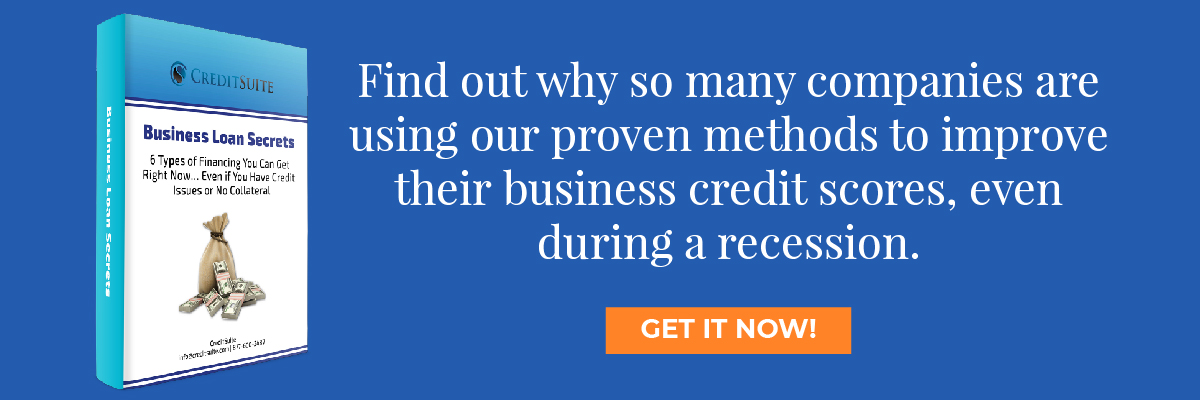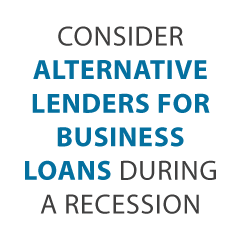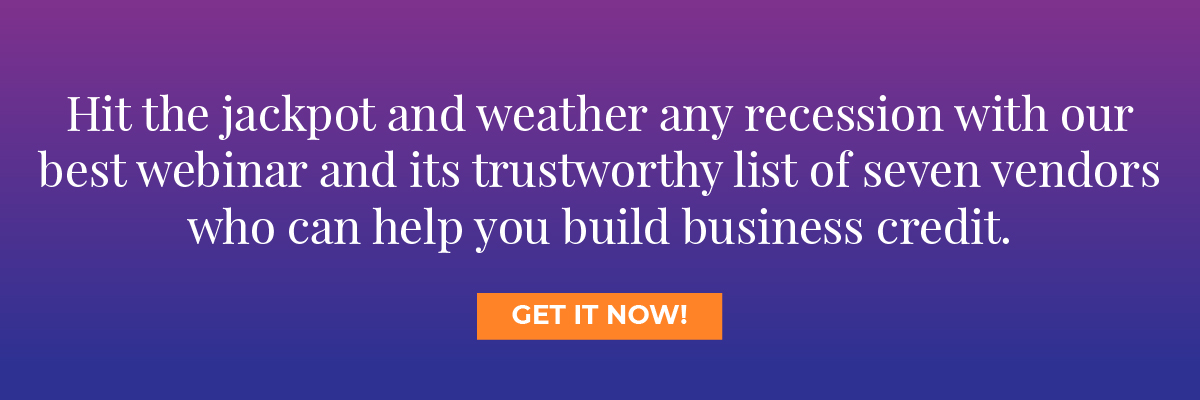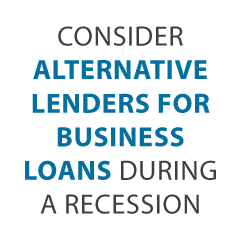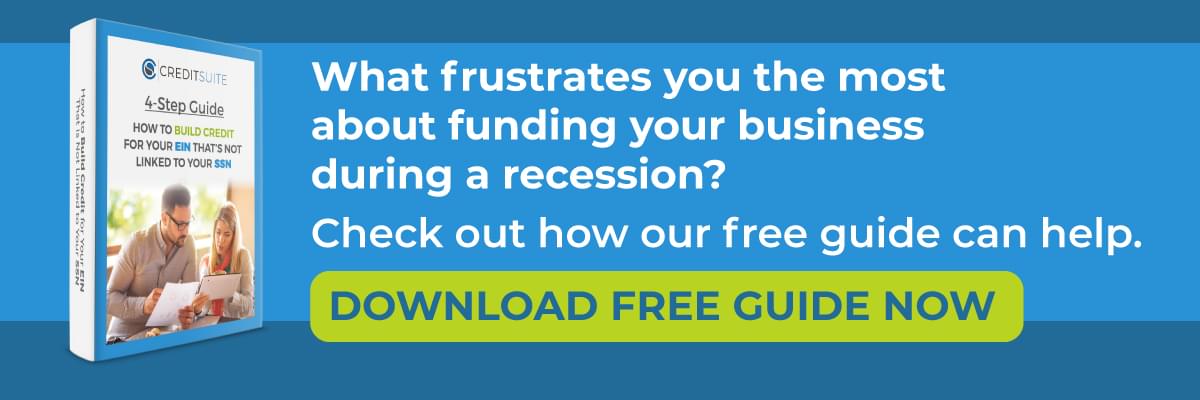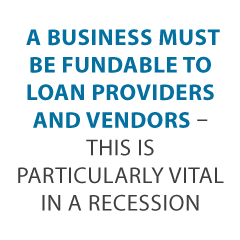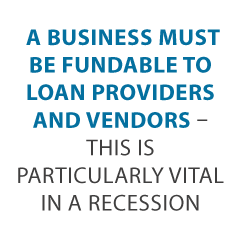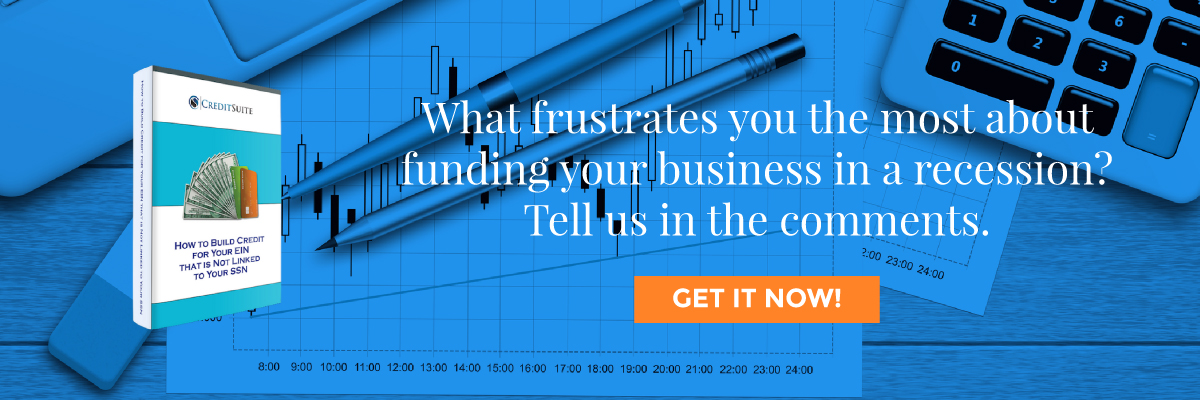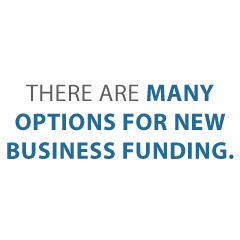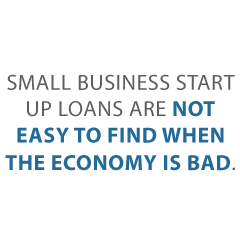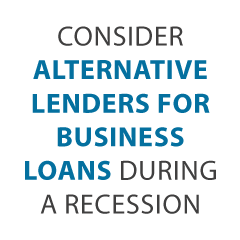
Do Nothing till You Check Out Our Pearl Financing Recession Funding Review
Check Out Our Pearl Financing Recession Funding Review and Look at Pearl Capital Business Financing
Pearl Financing is a lender in the online space. However, there are two similarly-named players. This blog post will cover both: Pearl Capital Business Financing and Pearl Financing. So it’s more than just a Pearl Financing recession funding review.
Recession Period Financing
The number of United States financial institutions and also thrifts has been decreasing slowly for 25 years. This is from consolidation in the marketplace in addition to deregulation in the 1990s, lowering barriers to interstate banking. See: fundera.com/blog/happened-americas-small-businesses-financial-crisis-six-years-start-crisis-look-back-10-charts. Assets focused in ever‐larger financial institutions is troublesome for small business owners. Big financial institutions are a lot less likely to make small loans. Economic declines imply banks end up being much more mindful with financing. Luckily, business credit does not count on financial institutions.
Pearl Financing Recession Funding Review
Pearl Financing is a lending company in the online space. They provide various loans and forms of financing to businesses.
Pearl Financing currently only handles real estate funding.
Pearl Financing Recession Funding Review: Background
Pearl Financing is located online here: www.pearlfinancing.com.
Their physical address is:
11010 Lake Grove Blvd
Suite 100 PMB 119
Morrisville, NC 27560.
You can also call them at: (866) 865-0121. Their contact page is here: www.pearlfinancing.com/contact-us. Also, you can email them at: info@pearlfinancing.com.
Pearl Financing Recession Funding Review: Bridge Loans and Hard Money
Pearl Financing partners with private investment firms for this typical form of real estate financing. There are no fees listed on their website for this form of funding.
Pearl Financing Recession Funding Review: Commercial Real Estate Financing
Pearl Financing offers several forms of financing. These include SBA 7(a) loans, CMBS Conduit loans, HUD, equity, and conventional loans. There are no fees listed on their website for these forms of funding.
Pearl Financing Recession Funding Review: CMBS Conduit Loans
This is a type of commercial real estate loan secured by a first position mortgage on a commercial property. These loans are packaged and sold by conduit lenders, commercial banks, investment banks, or syndicates of banks.
Terms are five, seven, or ten years. 25 – 30 year amortization. 75% loan to value/80% with Mezzanine Loan Combo. Rates are fixed but otherwise not specified.
Pearl Financing Recession Funding Review: Mezzanine Financing
This is a hybrid of debt and equity financing. It gives the lender the right to convert to an equity interest in the company in case of default. This is often after venture capital companies and other senior lenders are paid. There are no fees listed on their website for this form of funding.
Pearl Financing Recession Funding Review: Advantages
Advantages include a variety of choices for real estate funding. House flippers will do well to work with a specialist, which is what Pearl Financing brings to the table.
Pearl Financing Recession Funding Review: Disadvantages
So the chief disadvantage is no listing of fees anywhere, not even a range. This lack of transparency should be troubling to any entrepreneur. In addition, the company needs to distinguish themselves better from a similar company with a nearly identical name. As a result, borrowers can easily end up on the wrong site.
Pearl Capital Business Funding
Pearl Capital Business Financing is a lending company in the online space. So it is evidently unrelated to Pearl Financing.
They work with Independent Sales Organizations (ISOs) and merchants only. This online lender helps ISOs find more merchants to sign on with credit card payments or create merchant cash advances. There is no listing for their fees on their website.
Background
Pearl Capital Business Financing is located online here: https://pearlcapital.com. Their physical address is in New York, NY. You can also call them at: (800) 888-9959.
A Fantastic Alternative to Both – Building Business Credit
Company credit is credit in a company’s name. It doesn’t link to a business owner’s consumer credit, not even if the owner is a sole proprietor and the sole employee of the business.
Therefore, a business owner’s business and individual credit scores can be very different.
The Benefits
Considering that business credit is independent from consumer, it helps to safeguard an entrepreneur’s personal assets, in case of court action or business insolvency.
Also, with two distinct credit scores, an entrepreneur can get two separate cards from the same vendor. This effectively doubles buying power.
Another benefit is that even startup companies can do this. Visiting a bank for a business loan can be a recipe for disappointment. But building small business credit, when done the right way, is a plan for success.
Individual credit scores depend upon payments but also various other considerations like credit use percentages.
But for business credit, the scores really just hinge on if a business pays its bills punctually.
The Process
Building business credit is a process, and it does not occur automatically. A small business has to proactively work to build business credit.
Nevertheless, it can be done readily and quickly, and it is much more rapid than developing personal credit scores.
Vendors are a big part of this process.
Performing the steps out of sequence will cause repetitive denials. Nobody can start at the top with small business credit. For example, you can’t start with retail or cash credit from your bank. If you do, you’ll get a denial 100% of the time.
Learn business loan secrets with our free, sure-fire guide. We can help you get money, even during a recession.
Small Business Fundability
A business has to be fundable to lenders and merchants.
Due to this fact, a company will need a professional-looking web site and e-mail address. And it needs to have site hosting bought from a supplier like GoDaddy.
And also, company telephone and fax numbers must have a listing on ListYourself.net.
Likewise, the company telephone number should be toll-free (800 exchange or the equivalent).
A company will also need a bank account dedicated purely to it, and it has to have every one of the licenses necessary for operation.
Licenses
These licenses all have to be in the correct, correct name of the company. And they need to have the same small business address and phone numbers.
So keep in mind, that this means not just state licenses, but potentially also city licenses.
Working with the IRS
Visit the Internal Revenue Service web site and acquire an EIN for the business. They’re free. Pick a business entity like corporation, LLC, etc.
A business can begin as a sole proprietor. But they will probably want to change to a sort of corporation or an LLC.
This is in order to limit risk. And it will make the most of tax benefits.
A business entity will matter when it comes to taxes and liability in the event of litigation. A sole proprietorship means the entrepreneur is it when it comes to liability and taxes. No one else is responsible.
Sole Proprietors Take Note
If you run a business as a sole proprietor, then at the very least be sure to file for a DBA. This is ‘doing business as’ status.
If you do not, then your personal name is the same as the small business name. Because of this, you can wind up being personally responsible for all small business financial obligations.
And also, according to the IRS, using this structure there is a 1 in 7 possibility of an IRS audit. There is a 1 in 50 probability for corporations! Steer clear of confusion and significantly lower the chances of an IRS audit at the same time.
Kicking Off the Business Credit Reporting Process
Start at the D&B website and obtain a free D-U-N-S number. A D-U-N-S number is how D&B gets a company in their system, to generate a PAYDEX score. If there is no D-U-N-S number, then there is no record and no PAYDEX score.
Once in D&B’s system, search Equifax and Experian’s web sites for the small business. You can do this at www.creditsuite.com/reports. If there is a record with them, check it for correctness and completeness. If there are no records with them, go to the next step in the process.
By doing so, Experian and Equifax will have something to report on.
Learn business loan secrets with our free, sure-fire guide. We can help you get money, even during a recession.
Vendor Credit
First you should establish trade lines that report. This is also called vendor credit. Then you’ll have an established credit profile, and you’ll get a business credit score.
And with an established business credit profile and score you can start to get retail and cash credit.
These types of accounts often tend to be for the things bought all the time, like marketing materials, shipping boxes, outdoor work wear, ink and toner, and office furniture.
But first off, what is trade credit? These trade lines are credit issuers who will give you starter credit when you have none now. Terms are typically Net 30, instead of revolving.
Hence, if you get approval for $1,000 in vendor credit and use all of it, you must pay that money back in a set term, like within 30 days on a Net 30 account.
Details
Net 30 accounts must be paid in full within 30 days. 60 accounts must be paid in full within 60 days. In contrast to with revolving accounts, you have a set time when you have to pay back what you borrowed or the credit you used.
To begin your business credit profile properly, you should get approval for vendor accounts that report to the business credit reporting agencies. As soon as that’s done, you can then use the credit.
Then pay back what you used, and the account is on report to Dun & Bradstreet, Experian, or Equifax.
Vendor Credit – It Helps
Not every vendor can help in the same way true starter credit can. These are merchants that will grant an approval with marginal effort. You also want them to be reporting to one or more of the big three CRAs: Dun & Bradstreet, Equifax, and Experian.
You want 3 of these to move onto the next step, which is retail credit.
Retail Credit
Once there are 3 or more vendor trade accounts reporting to at least one of the CRAs, then move onto retail credit. These are companies like Office Depot and Staples.
Only use your Social Security Number and date of birth on these applications for verification purposes. For credit checks and guarantees, use the business’s EIN on these credit applications.
Fleet Credit
Are there more accounts reporting? Then move to fleet credit. These are companies like BP and Conoco. Use this credit to buy fuel, and to fix and take care of vehicles. Only use your SSN and date of birth on these applications for verification purposes. For credit checks and guarantees, make sure to apply using the company’s EIN.
Cash Credit
Have you been sensibly managing the credit you’ve gotten up to this point? Then move to more universal cash credit. These are businesses like Visa and MasterCard. Only use your SSN and date of birth on these applications for verification purposes. For credit checks and guarantees, use your EIN instead.
These are typically MasterCard credit cards. If you have more trade accounts reporting, then these are feasible.
Monitor Your Business Credit
Know what is happening with your credit. Make certain it is being reported and take care of any mistakes ASAP. Get in the practice of taking a look at credit reports. Dig into the particulars, not just the scores.
We can help you monitor business credit at Experian and D&B for 90% less than it would cost you at the CRAs.
Learn business loan secrets with our free, sure-fire guide. We can help you get money, even during a recession.
Update Your Information
Update the data if there are inaccuracies or the info is incomplete.
Fix Your Business Credit
So, what’s all this monitoring for? It’s to contest any errors in your records. Errors in your credit report(s) can be taken care of. But the CRAs generally want you to dispute in a particular way.
Disputes
Disputing credit report mistakes commonly means you mail a paper letter with copies of any evidence of payment with it. These are documents like receipts and cancelled checks. Never mail the originals. Always send copies and retain the original copies.
Fixing credit report errors also means you specifically detail any charges you challenge. Make your dispute letter as crystal clear as possible. Be specific about the problems with your report. Use certified mail so that you will have proof that you mailed in your dispute.
A Word about Building Business Credit
Always use credit responsibly! Don’t borrow beyond what you can pay off. Track balances and deadlines for repayments. Paying on schedule and completely will do more to raise business credit scores than pretty much anything else.
Building small business credit pays. Great business credit scores help a company get loans. Your credit issuer knows the small business can pay its financial obligations. They know the company is for real.
The small business’s EIN links to high scores and lenders won’t feel the need to demand a personal guarantee.
Business credit is an asset which can help your small business for years to come.
Pearl Financing Recession Funding Review: Takeaways
The businesses which will do the best with Pearl Financing are going to be the ones with high financing needs but the companies themselves are currently not very large. Therefore, these are companies which are expected to grow quickly and meteorically. However, companies which need less funding have other options. Such businesses should make sure to compare offerings closely.
And finally, as with every other lending program, whether online or offline, remember to read the fine print and do the math. Go over the details with a degree of care.
Only you can decide if this option will be good for you and your company. In addition, consider alternative financing options that go beyond lending. These include building business credit, in order to best decide how to get the money you need to help your business grow. Business credit building is useful as it becomes a company asset.
The post Do Nothing till You Check Out Our Pearl Financing Recession Funding Review appeared first on Credit Suite.

